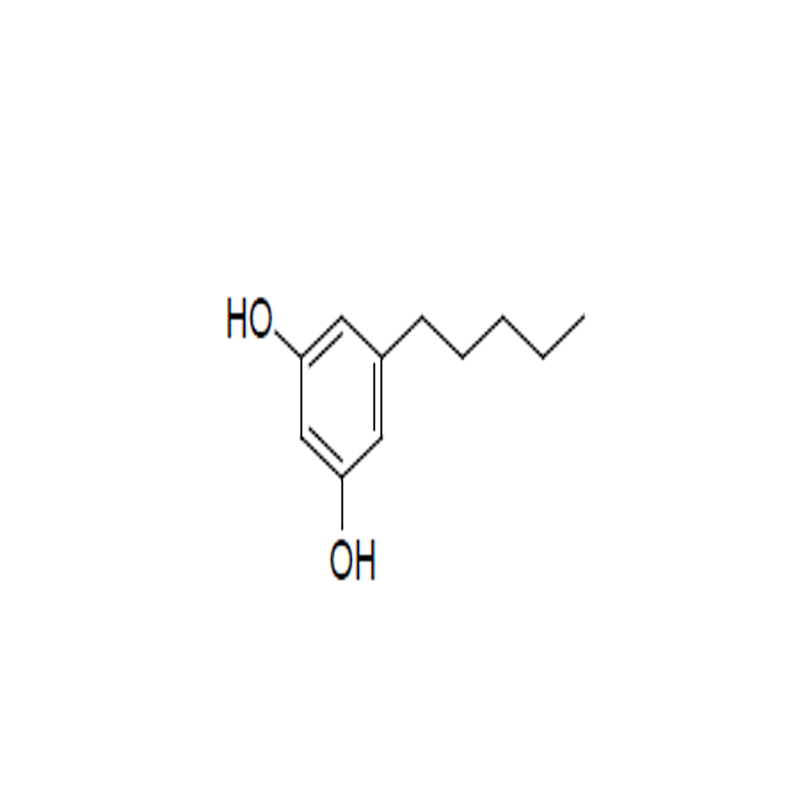-
Categories
-
Pharmaceutical Intermediates
-
Active Pharmaceutical Ingredients
-
Food Additives
- Industrial Coatings
- Agrochemicals
- Dyes and Pigments
- Surfactant
- Flavors and Fragrances
- Chemical Reagents
- Catalyst and Auxiliary
- Natural Products
- Inorganic Chemistry
-
Organic Chemistry
-
Biochemical Engineering
- Analytical Chemistry
- Cosmetic Ingredient
-
Pharmaceutical Intermediates
Promotion
ECHEMI Mall
Wholesale
Weekly Price
Exhibition
News
-
Trade Service
Echoing previous research,
EFSA
noted in its recent inspection that, like traditionally grown animals, food from cloned animals and their offspring are not a safety issue.The study looked at milk and muscle from cattle and pigs, and other species of animals provided a limited amount of data.food safety managers point out that advances in cloning technology will provide better guarantees for animal health and well-being and reduce fatality rates.Third Assessment in four years 's latest statement is based on the results of the
2009
and
2010
assessments and a review paper published two years ago, the fourth in three years at the request of the European Supervisory Authority.article concludes that cloned animals do not have food safety problems, and the latest research also supports this view.findingsEFSA
stresses that there is no safety problem with cloned animals and their offspring' meat and dairy products compared to animals that traditionally breed their offspring. However, in the case of other species of animals,
lack of research data, it is not
to assess the safety and welfare of their related foods.experts are still focused on cloning technology (sombo cell nuclear transfer technology
SCNT
).high fatality rates (including end-of-pregnancy, production, and larvae) at all stages of cloning.surprise finding is that offspring fed by cloned animals through traditional breastfeeding can grow normally and are not affected by the environment.lack of data constraints,
SCNT
has not made significant
technological advances since
2010, resulting in no major breakthrough in cloning efficiency. The scientists concluded that cloned animals are not a threat to genetic diversity, biodiversity or the environment compared to non-cloned animals.
report suggests a unified framework for working to improve cloning efficiency and species-specific conditions, which could help refine data on animal health and well-being.







